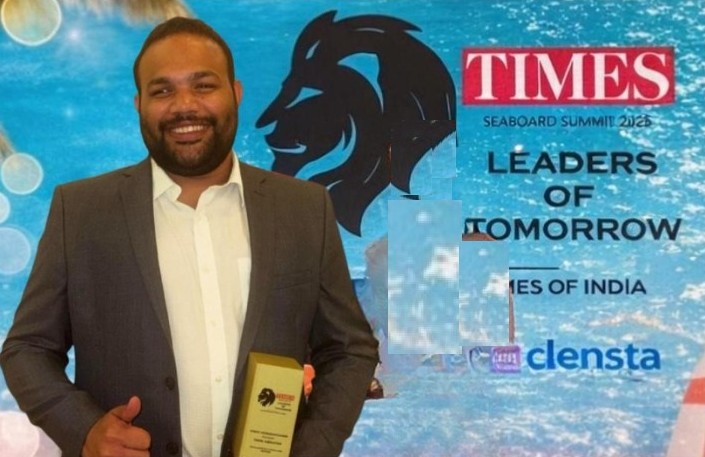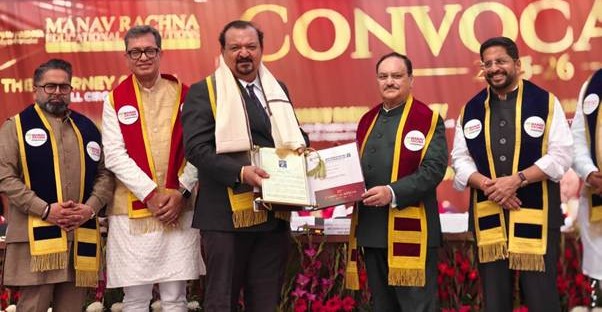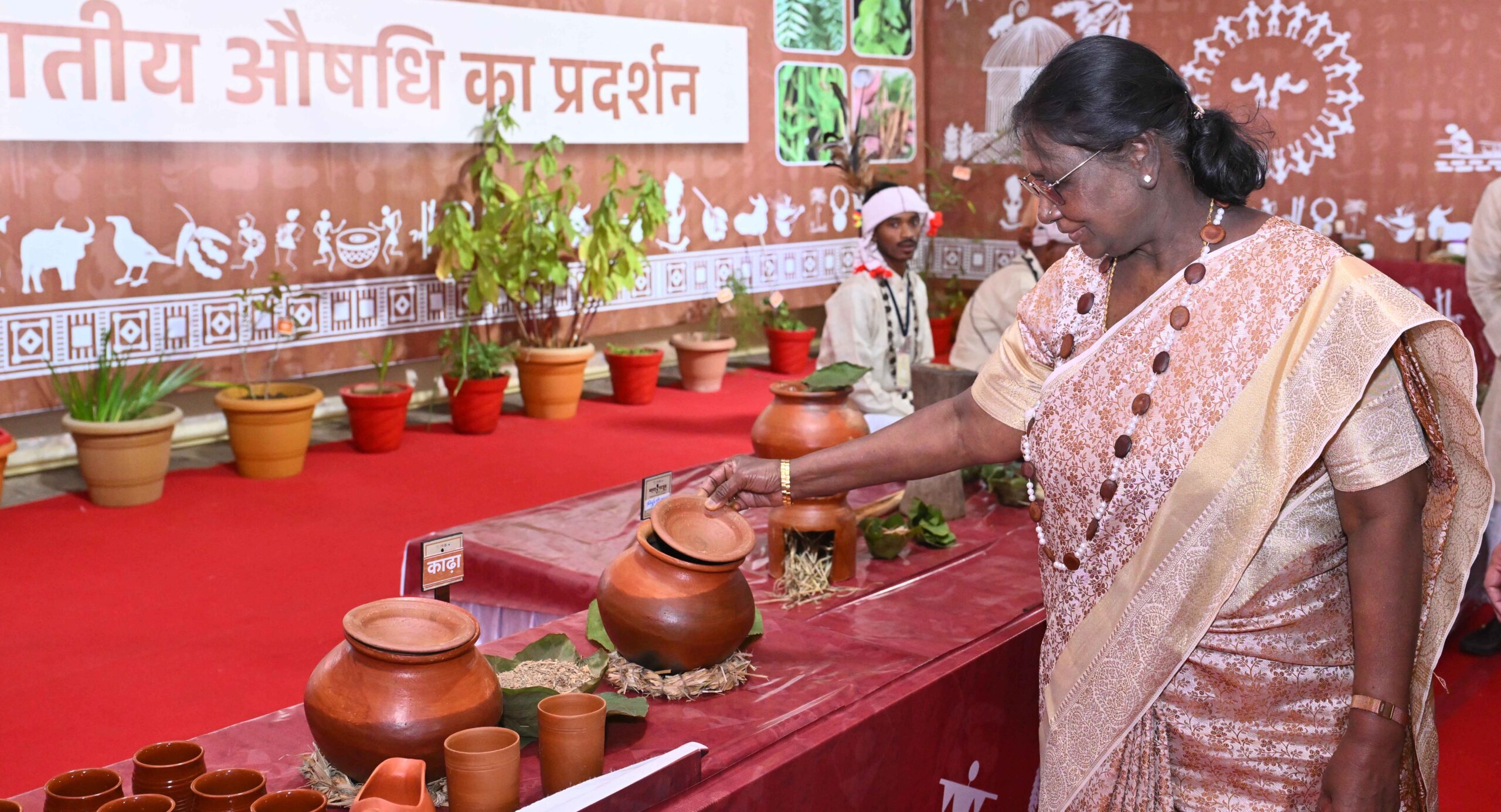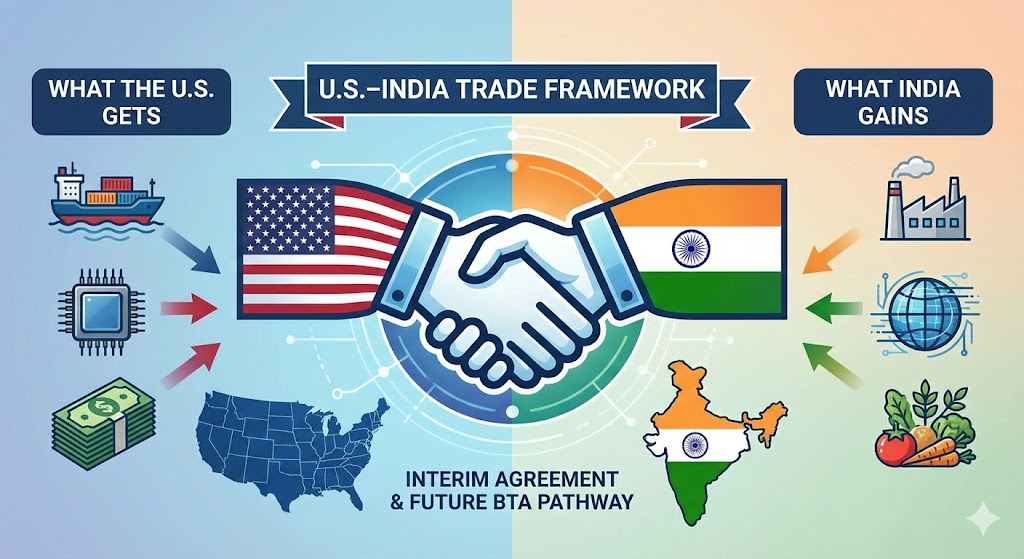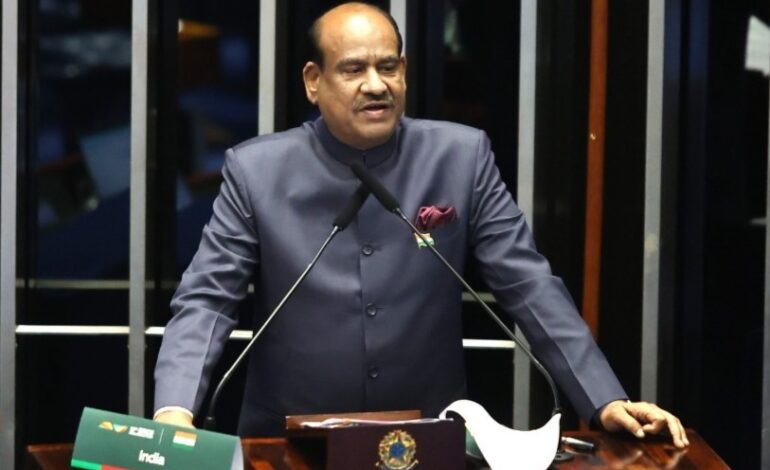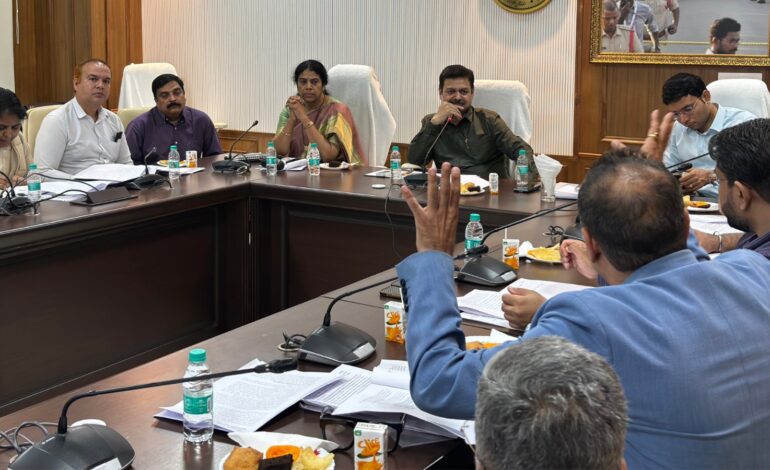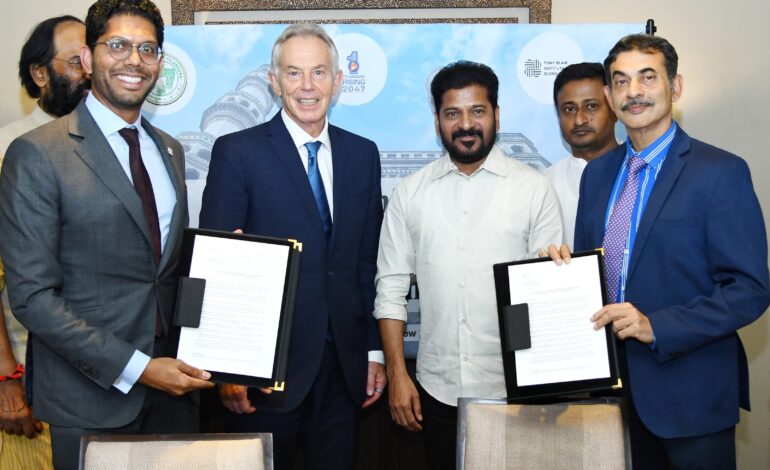PDUNASS hosts 23rd session of Reimagining Governance; Dr Rajiv Kumar calls for universal healthcare, education and district-centred development
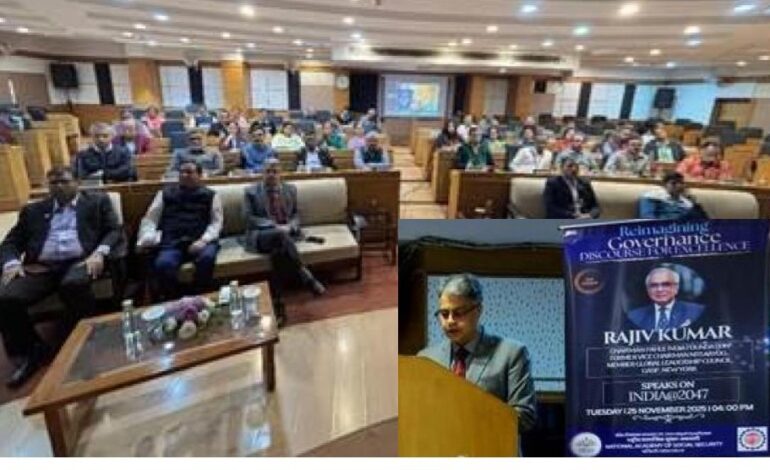
In his welcome remarks, PDUNASS director Kumar Rohit reflected on the purpose behind the RGDE platform, noting that “thought can lead to action, and reflection can lead to change.”
New Delhi, November 26: The 23rd session of Reimagining Governance: Discourse for Excellence (RGDE), hosted by PDUNASS, featured an expansive keynote address by former NITI Aayog vice chairman Rajiv Kumar, who underscored the need to reorient India’s development model toward a “Gross Welfare Product” grounded in universal access to healthcare, education and high-quality public infrastructure.
In his welcome remarks, PDUNASS director Kumar Rohit reflected on the purpose behind the RGDE platform, noting that “thought can lead to action, and reflection can lead to change.” He recalled the lines quoted earlier in the day by the Prime Minister at Ayodhya, describing the “Chariot of Development” driven by courage and discipline but guided by truth, compassion, character and balance—virtues he said must shape India’s governance transformation.
In his keynote, Rajiv Kumar lauded PDUNASS for creating a rigorous and unique forum for governance discourse, “unmatched across both public and private institutions.” Setting a long-term context for India’s aspirations, he referenced targets often debated in policy circles—India’s historical share of global GDP, OECD membership and the World Bank’s high-income benchmark of USD 14,000 per capita. These ambitions, he argued, are necessary but insufficient.
India’s future, he said, must be anchored in human development. He called for universal free healthcare, universal free education and robust public infrastructure as the foundational pillars of a capable, equitable society. While the public sector must build these assets, he added, private enterprise must drive innovation, research and employment generation.
Reflecting on India’s journey since independence, he said the country has achieved a rare triple transformation—political, social and economic—which has raised per-capita income from USD 50 in 1947 to nearly USD 3,000 today. These achievements, he said, demonstrate India’s inherent capacity to accomplish far more, especially at a time when China’s economic momentum appears to be slowing.
A significant portion of his address focused on the climate crisis, which he described as an existential threat for Asia. He highlighted the Asian Brown Cloud, rapid Himalayan glacier melt, soil degradation and rising sea levels as critical concerns. While commending India’s push for natural farming, carbon sequestration and climate-aligned agriculture, he warned that adaptation and mitigation alone are insufficient. India, he said, must craft a development model aligned with its ecological realities rather than emulate pathways that have harmed other regions.
Kumar also emphasised India’s growing leadership in Digital Public Infrastructure, citing DIKSHA, Bhashini and the Ayushman Bharat Digital Mission as examples of platforms reshaping service delivery and attracting global interest for their inclusion-focused, interoperable design.
Calling for a shift in governance philosophy, he urged the Indian state—especially state governments—to evolve from a regulatory mindset to a promotional and enabling one. He proposed a district-based development architecture built on district-level GDP baselines, administrative KPIs and collaborative monitoring frameworks involving government, industry, academia and civil society. This, he said, would bring consistent, short-term accountability and accelerate local development.
On labour and employment, he emphasised expanding manufacturing, reducing informality and addressing youth unemployment. India, he observed, is “a reservoir of extraordinary talent—waiting to be unleashed.”
Rajiv Kumar concluded with a personal reflection from his school days—“Bharat hamara desh hai; iska hum par rin hai; iske liye kuch na kuch kar jaayenge.” This sense of responsibility, he said, must guide India’s governance vision as the nation approaches 2047.

